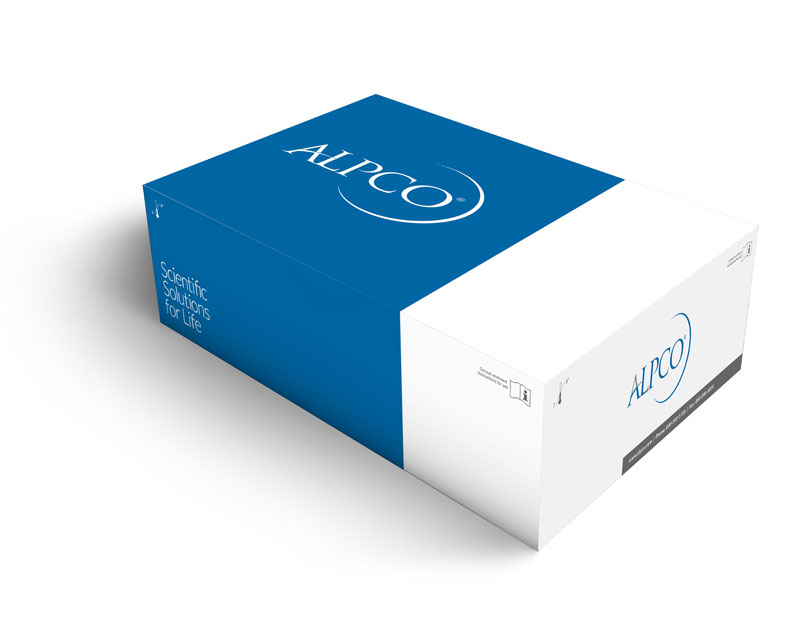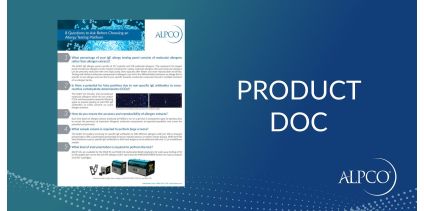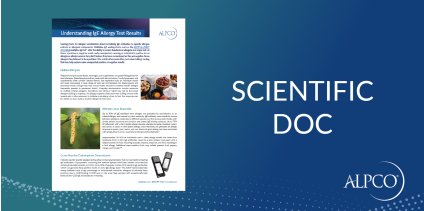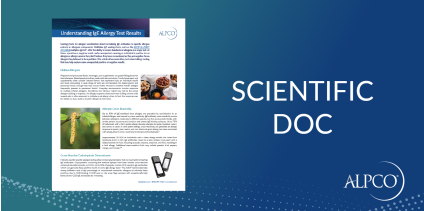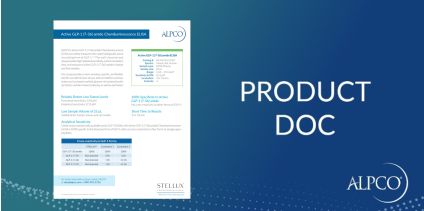Equine Haptoglobin ELISA
$629.00
Catalog
41-HAPEQ-E01
The Equine Haptoglobin ELISA is a highly sensitive two-site enzyme linked immunoassay (ELISA) for measuring Haptoglobin in horse biological samples. Research Use Only. Not for Use in Diagnostic Procedures.
Species
Equine
Regulatory Status
Research Use Only. Not for Use in Diagnostic Procedures.
Product Distribution
Available Worldwide
Range
18.75-600 ng/mL
Sensitivity
18.75 ng/mL
Sizes
96 Wells
Sample Types
Plasma, Serum
Inc Time Hour
1
Inc Time Minute
15
Inc Time Overnight
No
Inc Time See Protocol
No
Sample Size
5
Detection
Colorimetric
Acute phase proteins are plasma proteins which increase in concentration following infection, inflammation or trauma. The first acute phase protein to be recognized was discovered in humans by Tillet and Frances in 1930(1). Haptoglobin is a heterogeneous plasma protein mostly synthesized by the liver. The haptoglobin monomer consist of two heavy chains, beta chains (40 kD) and two light chains, alpha chains, alpha 1 (9 kD) and alpha 2 (16 kD) that are linked disulfide bonds. The three major haptoglobin types are Hp1-1 which is monomeric (98kD), Hp1-2 is polymeric at about 200 kD, and Hp2-2 at about 400 kD. The levels in serum rise quickly following acute tissue damage within 24 to 48 hours and also fall very rapidly once the stimulus is removed. In fact, Hp level are decreased in hemolytic anemia. Hp has a high affinity for hemoglobin (Hb) and its function appears to be to prevent loss of Hb in urine which would lead to loss of iron. Investigations over the past few years have shown that quantification of Hp in plasma or serum can provide valuable diagnostic information in the detection, prognosis, and monitoring of disease not only in humans, but in companion animals and farm herds as well.

